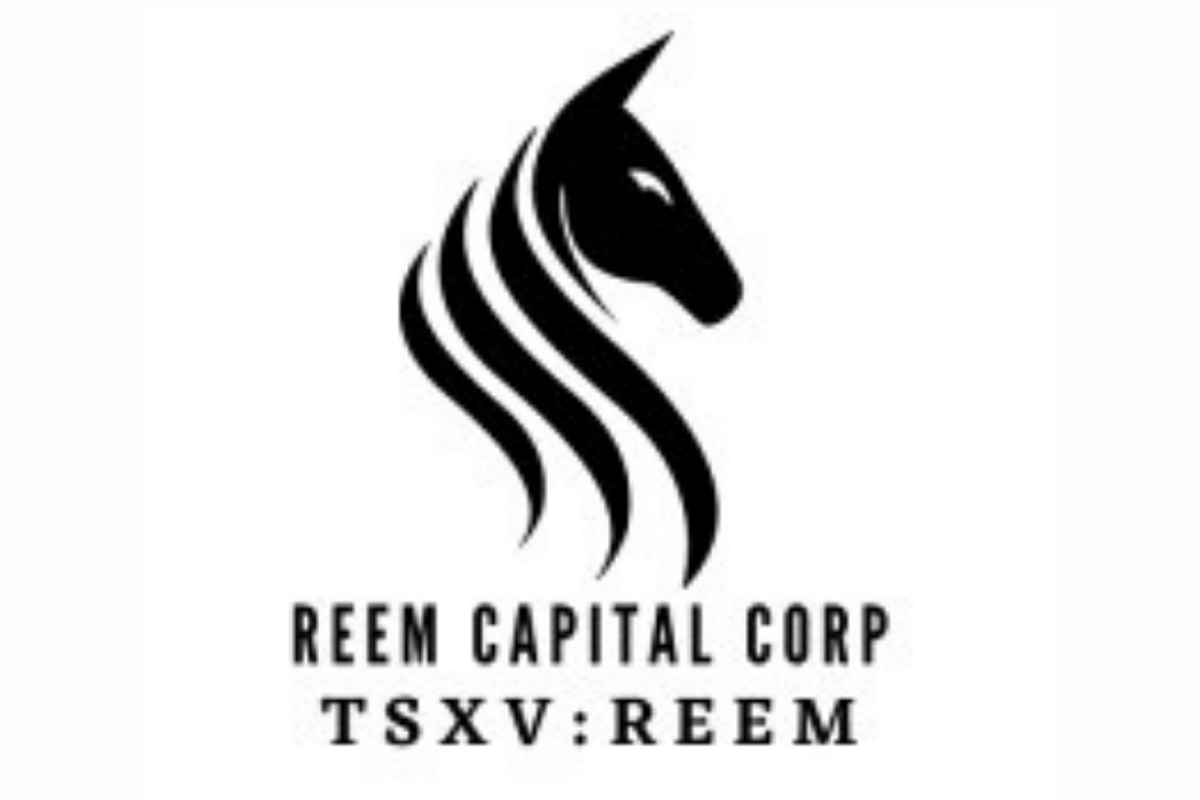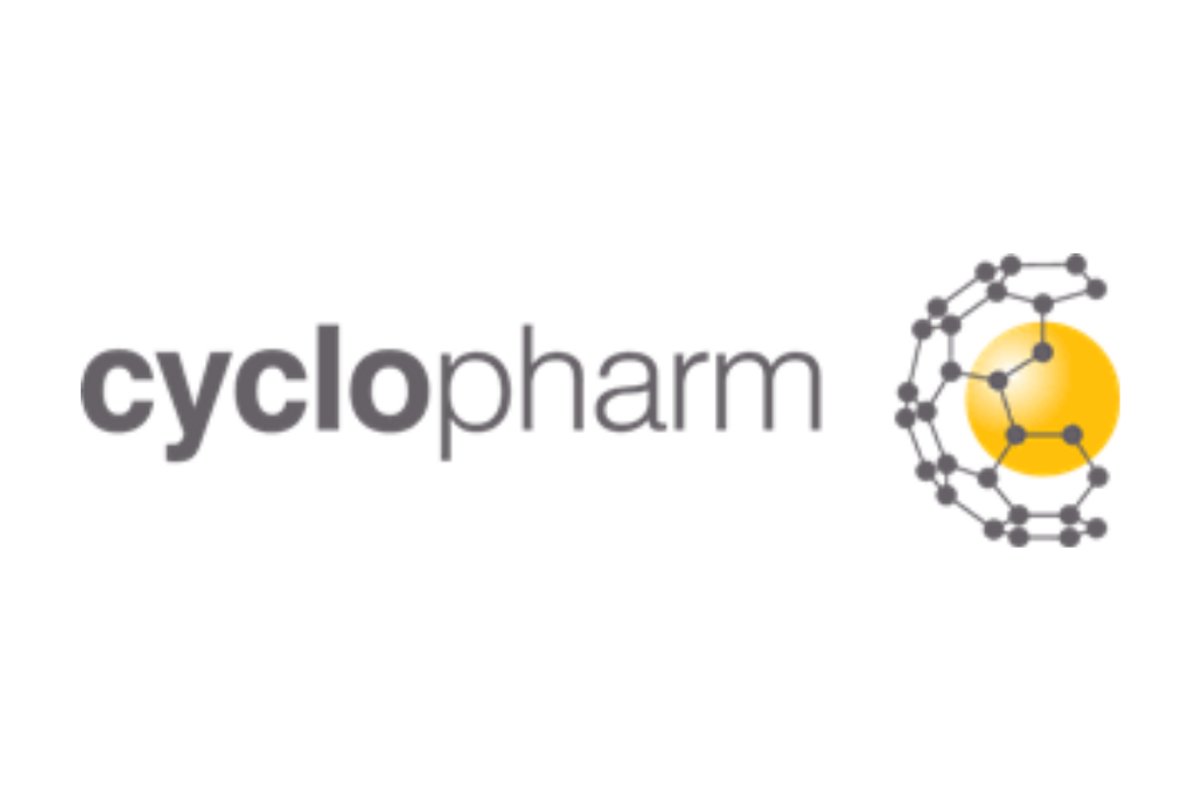
April 04, 2022
Reem Capital Corp. (TSXV: REEM) ("REEM") is pleased to announce details concerning a proposed arm's length business combination (the "Transaction") with Kalron Holdings Ltd. ("Kalron"), a corporation formed under the laws of Israel.
Overview of Reem
Reem is a "capital pool company" under the policies of the TSX Venture Exchange (the "Exchange") and it is intended that the Transaction will constitute the "Qualifying Transaction" of Reem, as such term is defined in Exchange Policy 2.4 - Capital Pool Companies. The common shares of Reem (the "Reem Common Shares") are currently listed on the Exchange and Reem is a reporting issuer in the provinces of British Columbia, Alberta, and Ontario. Reem was incorporated under the Business Corporations Act (British Columbia) (the "BCBCA") on March 29, 2021.
Overview of Kalron Holdings Ltd ("Kalron") and Seegnal eHealth Ltd ("Seegnal")
Kalron is a privately-held holding corporation that was established under the laws of Israel in 2017. Kalron is the sole shareholder of Seegnal, an Israeli based corporation which had operated under Teva Pharmaceuticals Industries Ltd. ("Teva") until its purchase by Kalron in December 2017. Seegnal provides patient-tailored software as a service (SAAS) system for one-glance managing & mitigating drug related problems while providing decision support to healthcare professionals at the point of care. Seegnal has developed, owns and is marketing a concept of addressing the need of detecting and solving drug-related problems, which has been determined as the fourth leading cause of mortality in developed countries.1 Seegnal's SAAS based software platform is a patient-tailored, clinicians'-friendly drug-related problem solution. Seegnal exclusively integrates at the point-of-care, unique patients'-specific data like genetics, food, results of lab tests, ECG, smoking and the effects of many concomitant medications, while delivering accuracy, sensitivity and specificity.
Seegnal is currently selling its SAAS-based platform in the State of Israel and in the UAE. To date, Seegnal has also signed distribution agreements with several major entities in the US which are well established key-players in the field, and is preparing to launch the product in US hospitals in 2022, through its US wholly-owned subsidiary - Seegnal US Inc. Seegnal was founded by its CEO, Dr. Roni Shiloh, as a wholly-owned subsidiary of Teva in 2015. Dr. Shiloh, MD (with a strong background in Psychiatry) is the author of more than 40 manuscripts and textbooks on polypharmacy and drug interactions. Kalron was established by Dr. Shiloh and a large Israeli family office, and they jointly executed a management buyout of Seegnal from Teva in late December 2017.
Summary of the Proposed Transaction
Reem has entered into a non-binding letter of intent with Kalron dated April 1, 2022 (the "LOI") pursuant to which Reem and Kalron intend to complete the Transaction, and whereby Reem as it exists upon completion of the Transaction (the "Resulting Issuer") will continue the business of Kalron.
It is currently anticipated that the Transaction will occur as a merger, amalgamation or share exchange, the final structure of the Transaction being subject to receipt of tax, corporate and securities law advice for both Reem and Kalron. The LOI is expected to be superseded by a definitive agreement (the "Definitive Agreement") to be signed between the parties.
It is anticipated that each ordinary share of Kalron ("Kalron Shares") outstanding at the time of closing the Transaction ("Closing") (including the Kalron Shares issuable upon conversion of the Subscription Receipts (as defined below)) will be exchanged for an appropriately corresponding number of Reem Common Shares, with reference to the Offering Price (as defined below). Kalron will not receive any additional consideration for its shares. Prior to the Closing, it is intended that Reem shall consolidate the Reem Common Shares on such basis as is necessary to result in the deemed value of the Reem Common Shares being equal to $2,000,000. It is intended that the Reem Common Shares will be issued to holders of the Kalron Shares on the basis of one Reem Common Share for every one Kalron Share. Each outstanding option and warrant to purchase Reem Common Shares shall be adjusted so that the number of shares issuable on exercise, and the exercise price thereof, are adjusted to give effect to such consolidation.
Reem shareholder approval is not required with respect to the Transaction under the rules of the Exchange because the Transaction does not constitute a "Non-Arm's Length Qualifying Transaction" pursuant to the policies of the Exchange. However, the structure of the Transaction is being finalized and, based on the final structure as reflected in the Definitive Agreement, shareholder approval may be required under applicable law. Trading in the Reem Common Shares has been halted and is not expected to resume until the Transaction is completed or until the Exchange receives the requisite documentation to resume trading.
It is expected that upon completion of the Transaction, the Resulting Issuer, to be renamed "Seegnal eHealth Ltd.", will be listed as a Tier 2 Technology Issuer on the Exchange.
A more comprehensive news release will be issued by Reem in due course disclosing details of the Transaction, including financial information respecting Kalron, the names and backgrounds of all persons who will constitute insiders of the Resulting Issuer, the issued and outstanding securities of each of Reem and Kalron, the terms of the exchange of securities of Reem and Kalron, the applicable security exchange ratios, the details of any meetings of the shareholders of Reem and Kalron, required to approve the Transaction and matters related thereto (as applicable), and information respecting sponsorship, once a Definitive Agreement has been executed and certain conditions have been met, including satisfactory completion of due diligence.
Concurrent Financing
In conjunction with, or prior to the Closing, it is expected that Kalron will complete a brokered private placement of subscription receipts of Kalron ("Subscription Receipts") to raise gross proceeds of at least $3,000,000 (the "Private Placement") at a price acceptable to Kalron in its sole discretion (the "Offering Price"). Each Subscription Receipt will be automatically exchanged immediately prior to the completion of the Transaction (without any further action by the holder of such Subscription Receipt and for no further payment) for one Kalron Share upon satisfaction of certain escrow release conditions.
Forward Looking Information
This press release contains statements that constitute "forward-looking information" ("forward-looking information") within the meaning of the applicable Canadian securities legislation. All statements, other than statements of historical fact, are forward-looking information and are based on expectations, estimates and projections as at the date of this news release. Any statement that discusses predictions, expectations, beliefs, plans, projections, objectives, assumptions, future events or performance (often but not always using phrases such as "believe", "estimate", "expect", "intend", "projected" or variations of such words and phrases or stating that certain actions, events or results "may", "could", "would", "might" or "will" be taken to occur or be achieved) are not statements of historical fact and may be forward-looking information.
More particularly and without limitation, this press release contains forward-looking statements concerning the Transaction (including the terms and timing thereof), the continued business of the Resulting Issuer, the issuance of additional news releases describing the Transaction, the name of the Resulting Issuer, the trading of the Reem Common Shares on the Exchange, the listing of the Resulting Issuer on the Exchange, and the holding of shareholder meetings in connection with the Transaction, launch of products by Seegnal in US hospitals in 2022 and the expansion of the Seegnal business. In disclosing the forward-looking information contained in this press release, Reem has made certain assumptions, including that: all applicable shareholder and regulatory approvals for the Transaction will be received; that the Transaction will be completed on mutually acceptable terms and within a customary timeframe for transactions of this nature and the acceptance of the Seegnal products by customers in the United States. Although Reem believes that the expectations reflected in such forward-looking information are reasonable, it can give no assurance that the expectations of any forward-looking information will prove to be correct. Known and unknown risks, uncertainties and other factors may cause the actual results and future events to differ materially from those expressed or implied by such forward-looking information. Such factors include, but are not limited to: availability of financing; delay or failure to receive board, shareholder or regulatory approvals; and general business, economic, competitive, political and social uncertainties. There can be no certainty that the Transaction will be completed on the terms set out in the LOI or at all. Accordingly, readers should not place undue reliance on the forward-looking information contained in this press release. Except as required by law, Reem disclaims any intention and assumes no obligation to update or revise any forward-looking information to reflect actual results, whether as a result of new information, future events, changes in assumptions, changes in factors affecting such forward-looking information or otherwise.
Completion of the Transaction is subject to a number of conditions, including but not limited to, execution of a binding definitive agreement relating to the Transaction, Exchange acceptance and, if applicable pursuant to Exchange requirements, majority of the minority shareholder approval. Where applicable, the Transaction cannot close until the required shareholder approval is obtained. There can be no assurance that the Transaction will be completed as proposed or at all.
Investors are cautioned that, except as disclosed in the management information circular or filing statement to be prepared in connection with the Transaction, any information released or received with respect to the Transaction may not be accurate or complete and should not be relied upon. Trading in the securities of a capital pool company should be considered highly speculative.
The TSX Venture Exchange Inc. has in no way passed upon the merits of the proposed Transaction and has neither approved nor disapproved the contents of this press release.
Reem Capital Corp.
For further information, please contact:
Arthur H. Kwan, Chief Executive Officer
Reem Capital Corp.
Email: arthur_h_kwan@hotmail.com
Neither the TSX Venture Exchange nor its Regulation Services Provider (as that term is defined in the policies of the TSX Venture Exchange) accepts responsibility for the adequacy or accuracy of this news release.
Neither the TSX Venture Exchange, Inc. nor its Regulation Services Provider (as that term is defined in the polices of the TSX Venture Exchange) has in any way passed upon the merits of the Transaction and associated transactions and neither of the foregoing entities has in any way approved or disapproved of the contents of this press release.
The securities have not been and will not be registered under the United States Securities Act of 1933, as amended and may not be offered or sold in the United States absent registration or an applicable exemption from the registration requirement. This press release shall not constitute an offer to sell or the solicitation of an offer to buy nor shall there be any sale of the securities in any jurisdiction in which such offer, solicitation or sale would be unlawful.
NOT FOR DISTRIBUTION TO U.S. NEWSWIRE SERVICES OR FOR DISSEMINATION IN THE UNITED STATES OF AMERICA
REEM.P:CA
The Conversation (0)
28 January
Seegnal Presents Real-World Evidence on Reducing Fall Risk in Geriatric Patients at Caltcm Summit
Seegnal Inc. (TSXV: SEGN) ("Seegnal" or the "Corporation"), a global leader in AI-enhanced prescription intelligence, today announced real-world clinical results demonstrating how medication governance may reduce fall-risk drivers in older adults -- a significant clinical and financial challenge... Keep Reading...
05 January
Pathways to Commercialising Biotech Innovations
In the medical technology industry, innovation is only the first step. While key to long-term success, innovation is only as good as a company’s commercialisation strategy. Once a technology has been developed and proven, the organisation must then embark on a process to commercialise it for... Keep Reading...
25 February 2025
HeraMED Signs Strategic Collaboration Agreement with Garmin Health
HeraMED Limited (ASX: HMD), a medical data and technology company leading the digital transformation of maternity care, is delighted to announce it has entered into a collaboration agreement with Garmin (NYSE: GRMN), a leading global provider of smartwatches and GPS-enabled products, aimed at... Keep Reading...
23 January 2025
Cyclopharm Signs US Agreement with HCA Healthcare for Technegas®
Cyclopharm Limited (ASX: CYC) is pleased to announce the signing of a major contract with Hospital Corporation of America Healthcare (HCA), one of the largest single healthcare providers in the United States. This agreement marks a significant milestone for the company which will allow the... Keep Reading...
23 January 2025
CONNEQT App Launches in USA as Pulse Deliveries Commence
Cardiex Limited (CDX:AU) has announced CONNEQT App Launches in USA as Pulse Deliveries CommenceDownload the PDF here. Keep Reading...
16 January 2025
Revolutionizing Women's Health: Antifungal Innovation Brings New Investment Opportunities
The intersection of women's health and antifungal innovation represents a pivotal moment in healthcare, offering both transformative medical advancements and compelling investment opportunities. The groundbreaking developments in antifungal treatments specifically targeting women's health issues... Keep Reading...
Latest News
Interactive Chart
Latest Press Releases
Related News
TOP STOCKS
American Battery4.030.24
Aion Therapeutic0.10-0.01
Cybin Corp2.140.00





